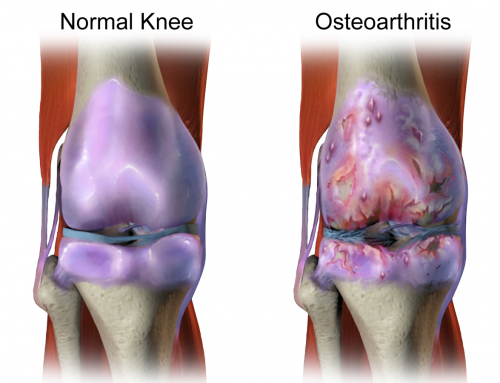 Our skin is often a helpful indicator of what’s going on inside the body. Common skin conditions such as acne can be a sign of hormonal imbalance or, in the case of deep cystic acne, also food allergy. The body’s reactions to undiagnosed food allergy or other allergies can manifest in dark circles and puffiness under the eyes.
Our skin is often a helpful indicator of what’s going on inside the body. Common skin conditions such as acne can be a sign of hormonal imbalance or, in the case of deep cystic acne, also food allergy. The body’s reactions to undiagnosed food allergy or other allergies can manifest in dark circles and puffiness under the eyes.
Redness and blotchiness of the skin can be triggered by stress or chronic inflammation of the digestive tract. Dr. Ridley has a variety of tests she uses to get to the root of the problem, and can recommend a diet that’s tailored to your body and nutritional needs. Often times, people deal with an unknown allergy that once resolved makes a HUGE impact in their overall well-being.
Dry skin is often a sign that you are not consuming enough good fats, or that your fat intake is not balanced. If you are drinking enough water and eating enough good fats and you still have dry skin, this is something we need to look into. Your body is sending a warning message that something is wrong and we need to discover what.
Less Common Skin Conditions
White spots on the skin are most probably the result of a fungal infection, and brown spots may be due to sun damage or are another symptom of hormonal imbalance.
Most of these unpleasant skin conditions are reversible once we figure out and square away the underlying cause. Your skin is one of your most valuable assets and one of the first things people notice about you, so if you have problems or questions about your skin, make an appointment today! Once we’ve targeted a treatment for a skin condition, we will very often identify other companion problems. Once we solve the skin condition, you’ll begin to notice other positive changes in your health as well.



Leave A Comment